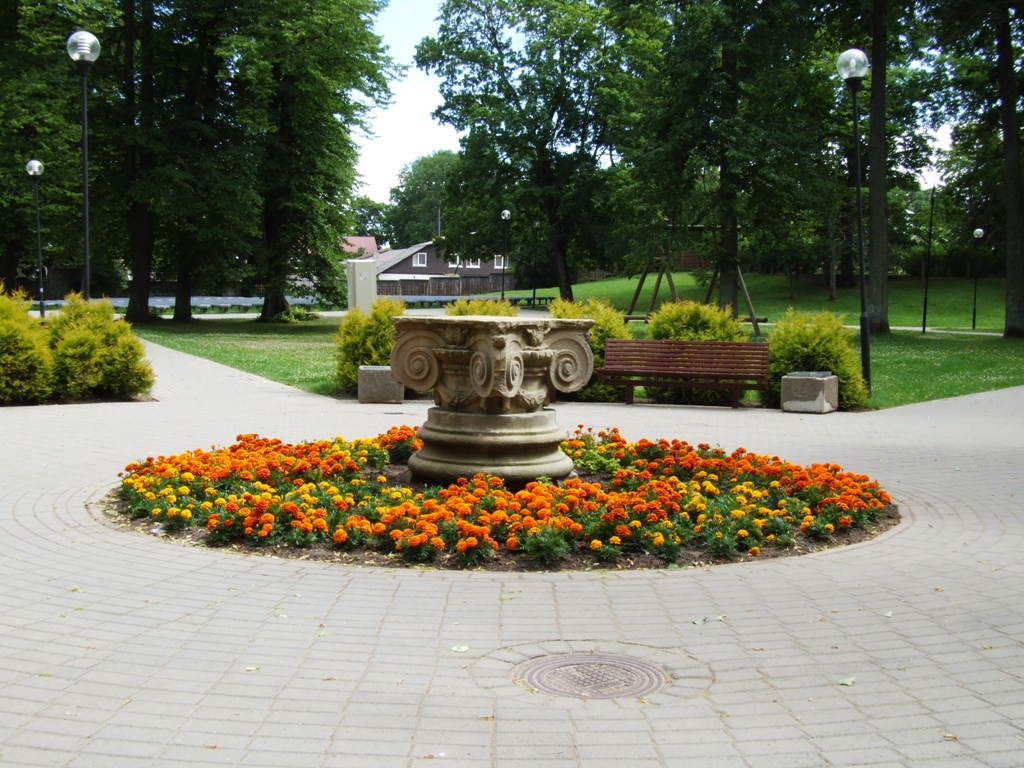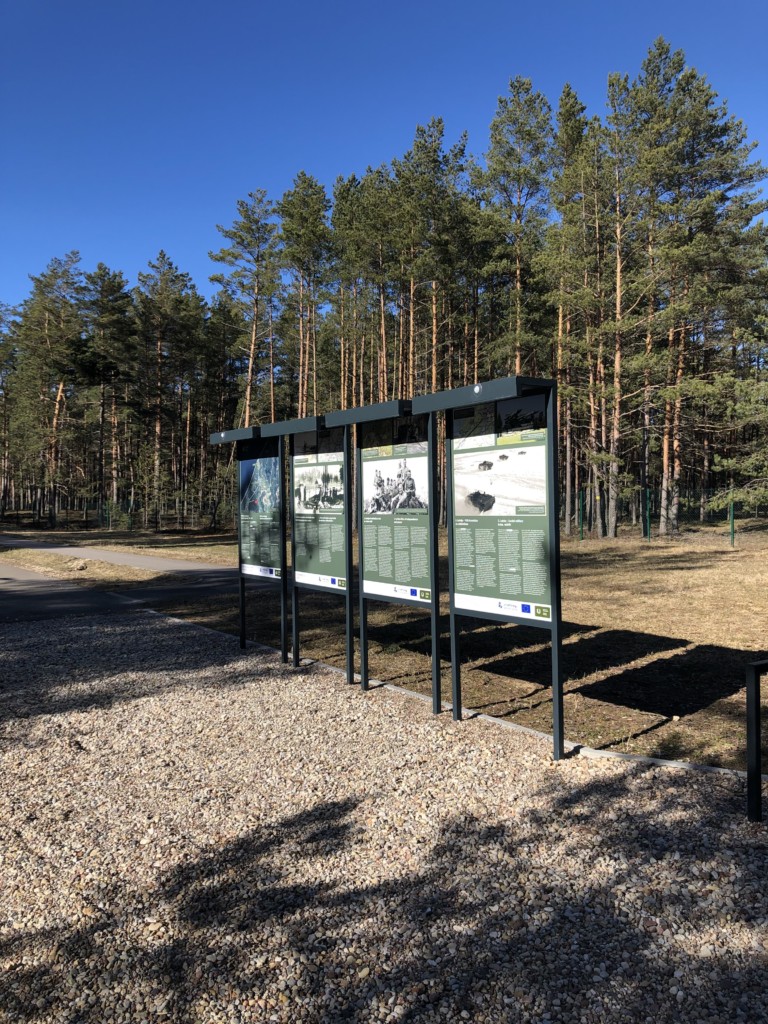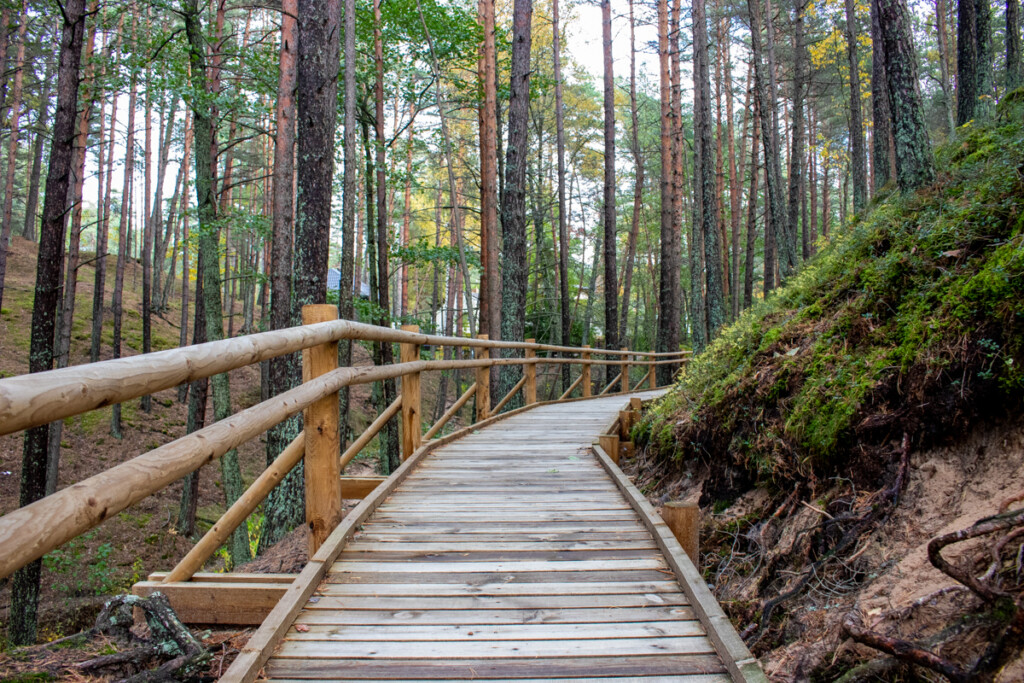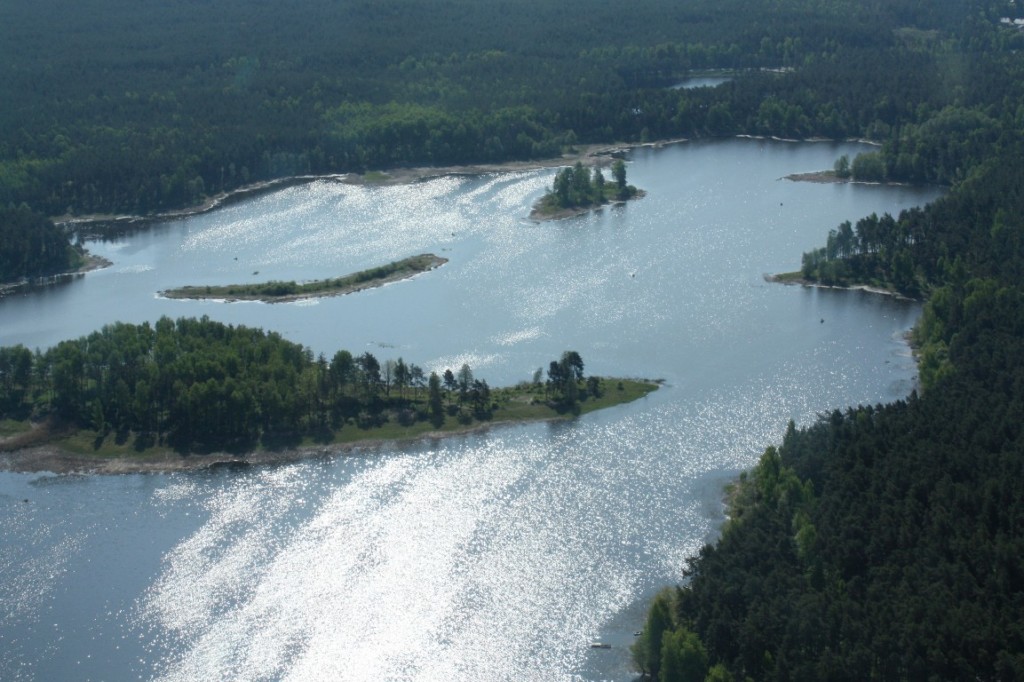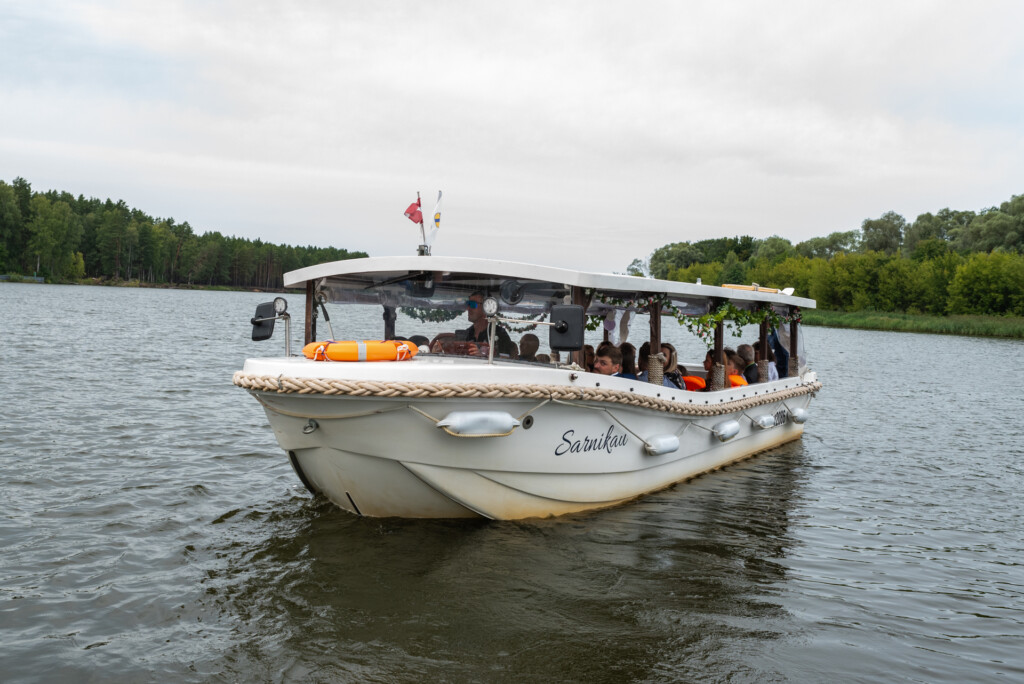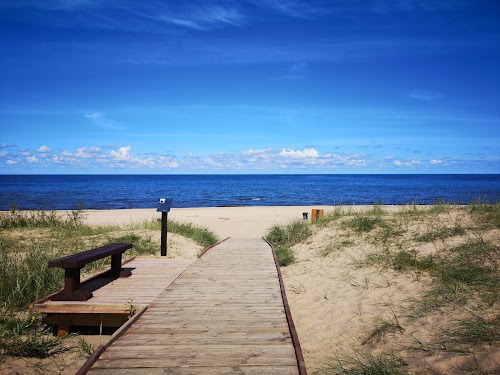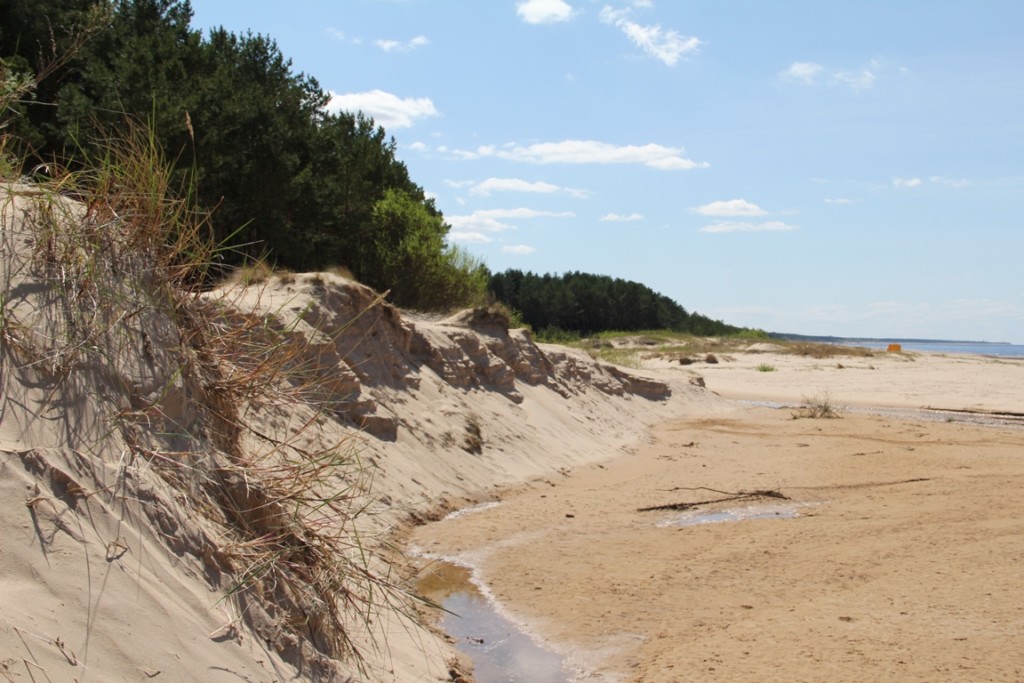Sights
A small hill in Carnikava Park, on top of which a Second World War military cemetery stands today, hosted a magnificent palace of Count Ernst Reinhold von Mengden’s manor estate from the late 18th century to 1917. The designer of the building was the legendary chief architect of the City of Riga and leading master of classical architecture in Latvia, Christoph Haberland. According to accounts of eyewitnesses and local historian J. V. Krauze, it was among the greatest mansions in Vidzeme: it had beautiful paintings, sculptures, moldings, indoor plants, as well as 14 spectacular sandstone columns with ionic capitals in the facade.
The Carnikava Manor palace was burned down in autumn of 1917, during the First World War, with the German Army approaching the area, leaving the park and a column capital as the only nearby witnesses of its former glory. Two remaining capitals can be seen near the stairs of the main building of the University of Latvia and another one in a square near the Small Guild in Riga.

